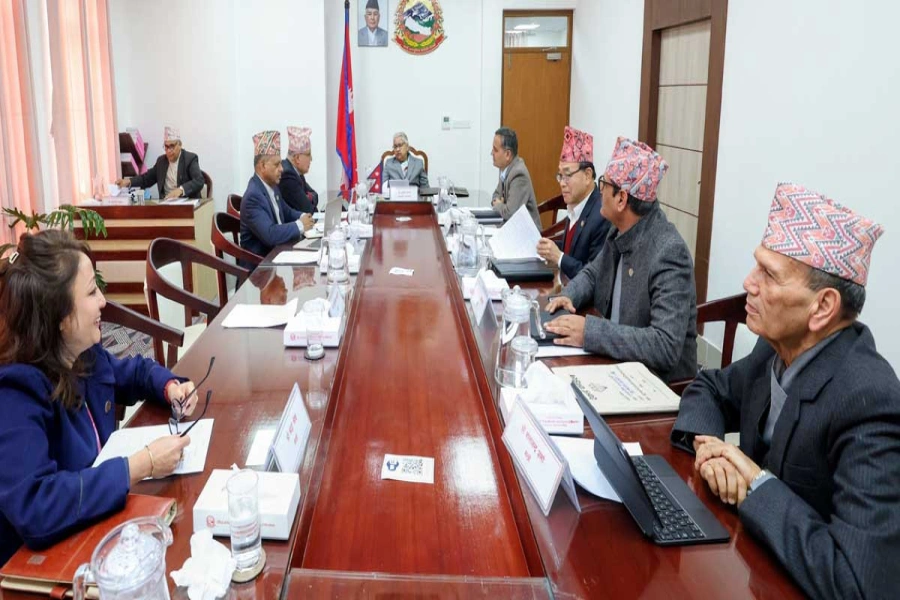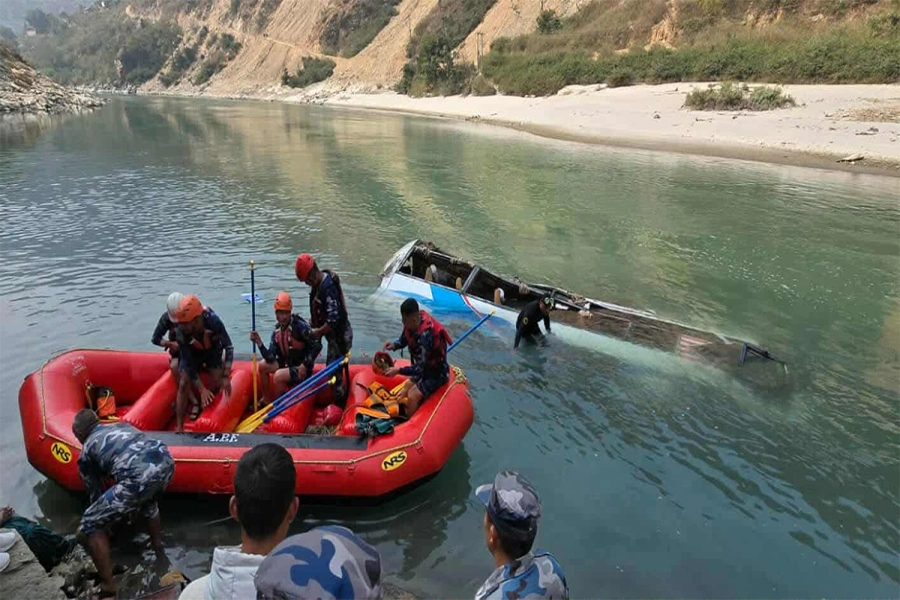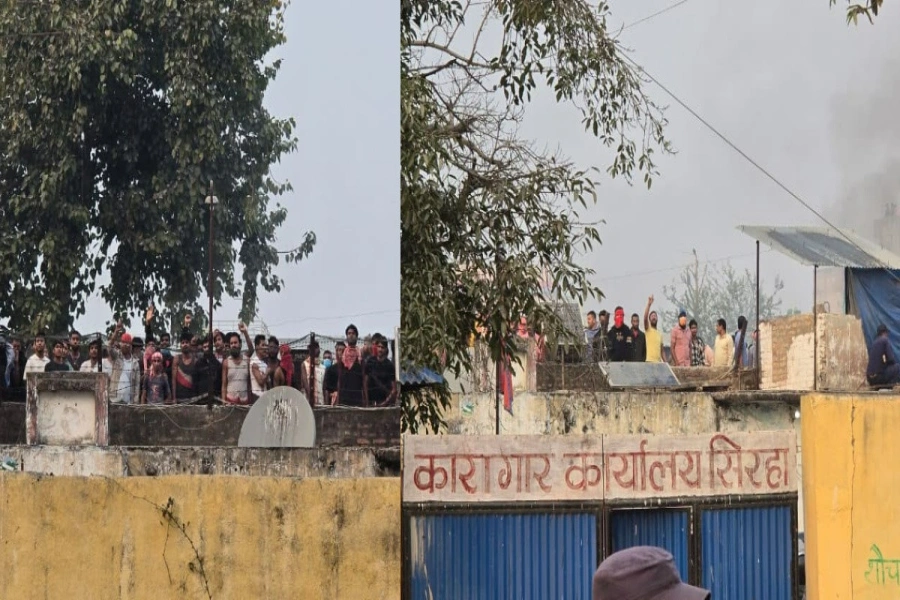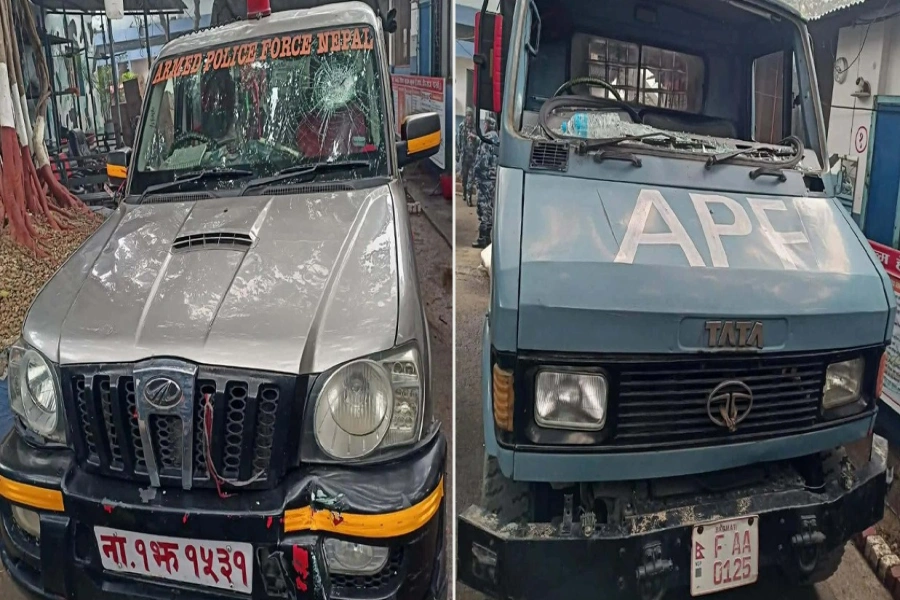KATHMANDU: Prime Minister Pushpa Kamal Dahal was informing at a press conference the other day that the family of migrant Nepali worker who dies during foreign employment would get up to Rs 2.7 million as temporary life insurance.
The PM also shared that he had directed various ministries and departments to heed the rights of migrant Nepali workers. According to him, efforts were on to amend the Foreign Employment Regulations 2064 to increase the amount the family and the victim get from the welfare fund from current Rs 300,000 to Rs 700,000. Even a new provision was made to ensure that victim would get half million rupees in case they get fatal disease during their employment abroad.
Such initiatives may be the reflection of his recent visit to the UAE where he held discussions with various dignitaries about the conditions and rights of Nepali migrant workers. The efforts are indeed laudable, but constant watch is imperative how effectively the decisions would be implemented because it is not the first time government made commitment for the welfare and rights of migrant Nepali youths- most of whom are engaged in backbreaking jobs to prop up country's economy.
As the country's executive head was sharing this positive information relating to the rights of the migrant Nepali youths and the families of victims, news of overcharging foreign job aspirants also came in the media.
An online media was writing that the health institutions, which examine the migrant workers' health condition before their departure, were bargaining with the government to increase their fee.
In addition to this, there are several news of social discord and family disruption despite upward trend of remittance from the foreign employment. Needless to say, the foreign employment is yet to get the due respect it deserves. It is because of the fact that most of the Nepalis are bound to work difficult, dirty, dangerous and disgraced activities abroad, mainly because they are unskilled labor. The skilled, technical and highly educated obviously get opportunity for decent jobs.
It is worrying that there are numerous push factors behind the exodus of Nepali youths to Gulf and Malaysia for the ordinary jobs. Yes, the most pressing push factor is evidently the lack of employment. Nepal has not been able to create jobs to its youths- the most agile and energetic workforce of the population- though political parties and the government have argued time and again for more than a decade that country was going for an economic revolution.
Latest statistics show that as many as 1,500 Nepali youths fly abroad for the backbreaking jobs in the Gulf countries and Malaysia to earn bread and butter to their families every day.
Equally appalling is the fact that the Tribhuvan International Airport receives three to four coffins daily with the bodies of Nepalis who die while working abroad. These facts must be taken seriously by the government.
According to a recent status report for Nepal (2014/15) on Labor Migration for Employment, there has been a huge increase in the inflow of remittance, from Rs 58.6 billion in 2003/04 to Rs 589.5 billion in 2014/015. The remittance contributed a 10.9 % share of the gross domestic product in 2003/04 and 27.7 % in 2014/17.
The young Nepali brothers and sisters who are bound to work in adverse circumstances and generate significant contribution to GDP must be respected well. But, only saluting their diligence during the talks among the honchos in the country and abroad cannot be a proper respect. It is said though Nepal has listed many countries as open for Nepali workers but signed labor pacts with very few. Here lie the big problems which have caused tragedies in the order of life of the innocent Nepali youths. Once the labor pact was signed with several countries where Nepalis work, it would be mandatory for the receiving country to adhere to the rights and welfare of the migrant labors.
Similarly, how is the remittance used in Nepal? Is it properly utilized or simply invested on luxury items? The State should have clear policy on proper utilization of remittance. Only meaningful use of income can bring sustainable change in one's family, society and the country.
Most important is the biting reality that why Nepal has failed to create jobs within country.
Creation of employment must be the top priority of the country so that our energetic youths would contribute their labor living happily with their dear family members and the country people. Isn't it high time the government bodies pondered over such pertinent point rather than boasting of doing a lot after the death of workers? It now invokes the development strategy of the country that ensures the participation of youths of diverse skills. Also, the political leaders must shun the culture of making youths the ladder of their political success.
It is sheer misuse of creative and energetic youths.
I would like to conclude with a query: where have the efforts of the Ministry of Industry gone to resume closed industries to bring back jobs to youths within country? RSS
NRB floats foreign employment bonds worth Rs 250 million





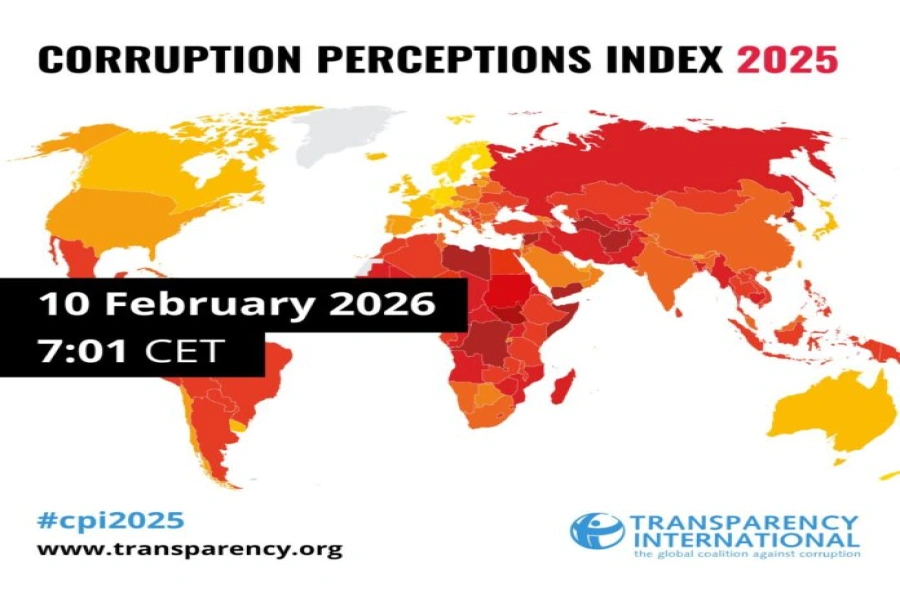
-1770648553.webp)

_20220130160610.jpg)










